Poetry is the art of substantiating shadows, and of lending existence to nothing
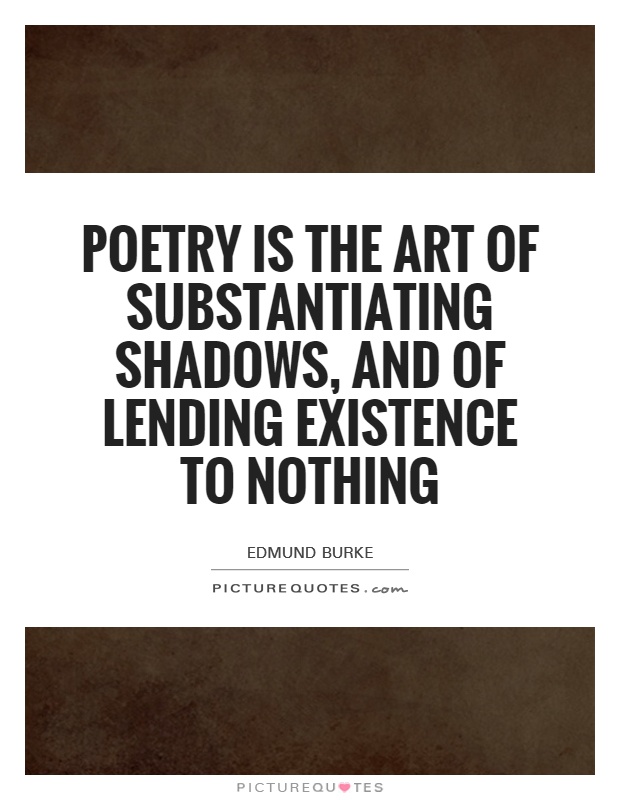
Poetry is the art of substantiating shadows, and of lending existence to nothing
Edmund Burke, an influential Irish statesman, philosopher, and writer, is often associated with the quote, “Poetry is the art of substantiating shadows, and of lending existence to nothing.” This statement encapsulates Burke’s belief in the power of poetry to bring life to intangible concepts and emotions, to give form to the formless, and to illuminate the shadows of the human experience.Burke was a firm believer in the importance of art and literature in shaping society and culture. He understood that poetry, with its ability to evoke emotions, provoke thought, and challenge perceptions, had the power to transcend the limitations of language and communicate on a deeper, more profound level. In his view, poetry was not just a form of entertainment or self-expression, but a means of exploring the complexities of the human condition and giving voice to the ineffable.
By describing poetry as the art of substantiating shadows, Burke suggests that poets have the ability to bring to light the hidden, the obscure, and the mysterious aspects of existence. Through their words, poets can illuminate the shadows that lurk in the corners of our minds, revealing truths that are often obscured by the mundane realities of everyday life. In this sense, poetry serves as a mirror that reflects the innermost thoughts, feelings, and desires of the human soul, giving substance to that which is intangible and ephemeral.
Similarly, when Burke speaks of poetry lending existence to nothing, he is highlighting the transformative power of poetic language to create something out of nothingness. Through the use of metaphor, imagery, and symbolism, poets can breathe life into abstract concepts, giving them shape, form, and meaning. In this way, poetry has the ability to transcend the boundaries of the physical world and transport us to realms of imagination and possibility.

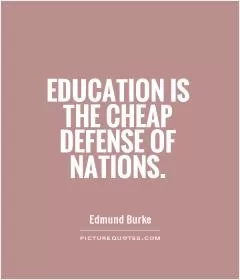
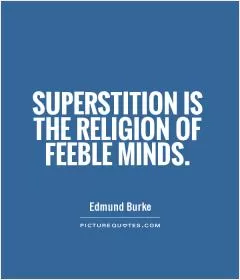

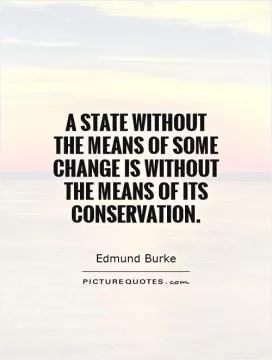

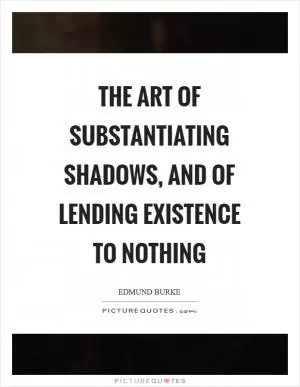

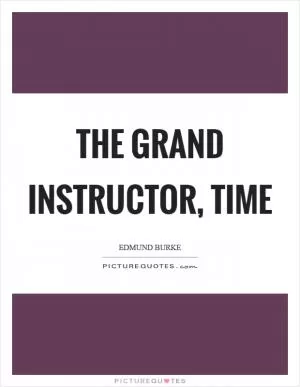
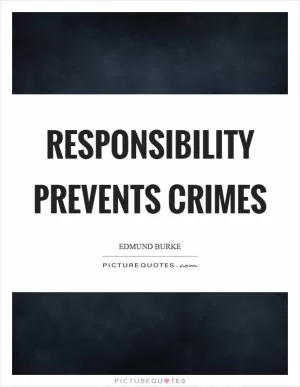
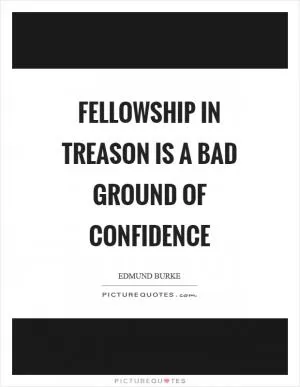
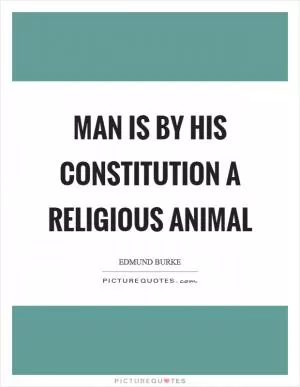
 Friendship Quotes
Friendship Quotes Love Quotes
Love Quotes Life Quotes
Life Quotes Funny Quotes
Funny Quotes Motivational Quotes
Motivational Quotes Inspirational Quotes
Inspirational Quotes